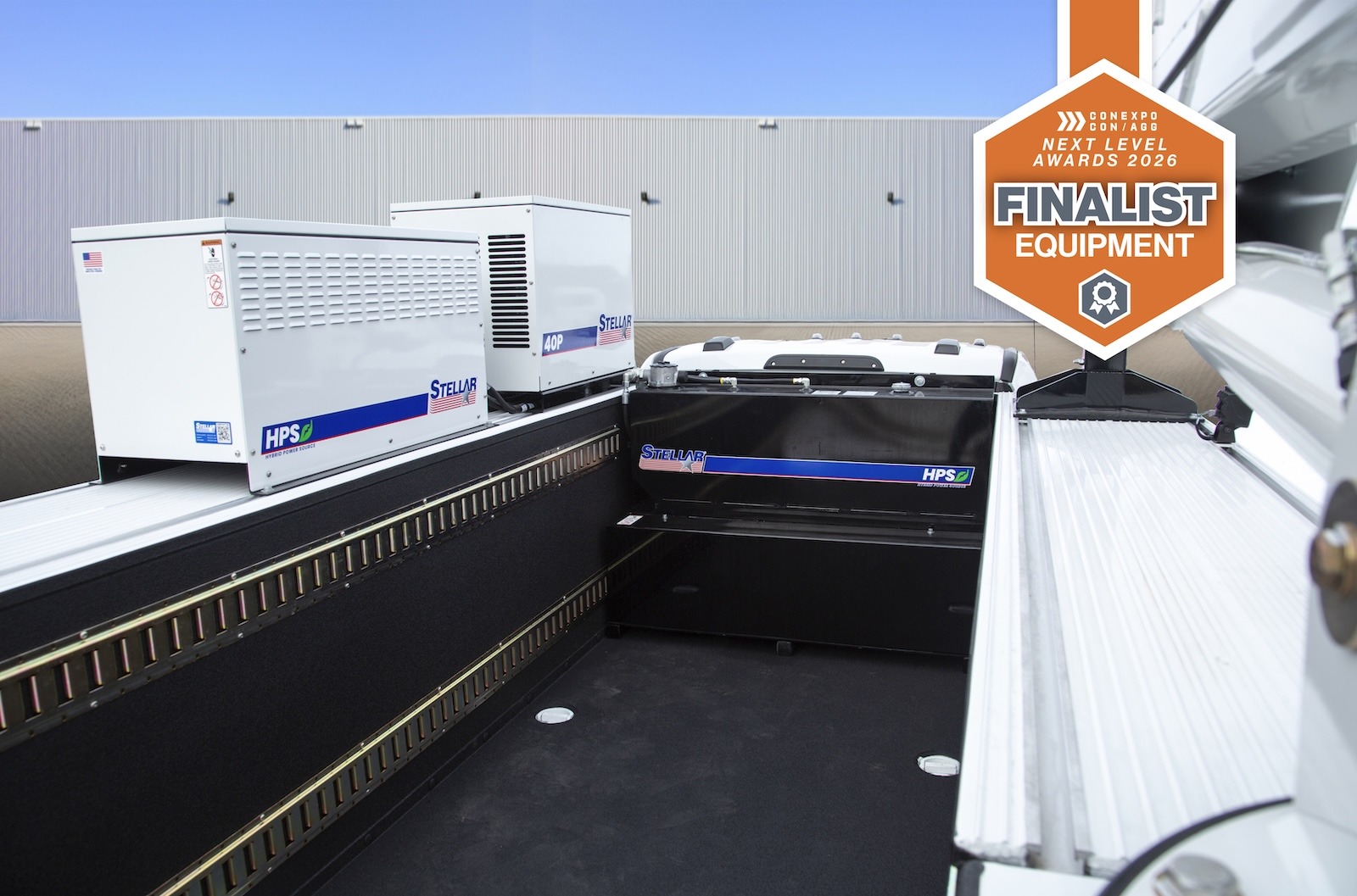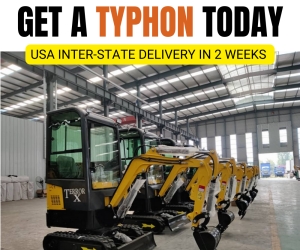An Equipment Dealer's Guide to Operating Through Severe Storms
Gathering basic materials for running a store – gasoline, oil and even cash – leading up to the storm is key.

With Tropical Storm Debby and Hurricane Beryl only recently finished and Hurricane Ernesto arriving in the Caribbean, it’s a good time for equipment dealers to take stock of their storm prep.
Not only is it crucial to be prepared for when a storm arrives, how to handle the impact on your business and community afterwards is equally as important.
Secure the Stores & Essential Operating Supplies
Perhaps the most obvious step is to physically secure vulnerable storms beforehand. Chris Wackman, president of 13-store Kubota and New Holland dealership WCTractor in Texas, says moving equipment to high ground and barricading vulnerable spots within the building are the first steps in the days leading up to a big storm. Wackman and WCTractor faced Hurricane Harvey in 2017.
“The biggest thing is, we have emergency contact lists that we put together,” Wackman says. “We try to have someone who lives close to dealership and ask if they would be willing to be the point person, checking the facility.”
Matt Elvin, president & CEO of Komatsu and Kubota dealership Bacon Universal in Hawaii, says gathering basic materials like gasoline, oil and even cash leading up to the storm is key.
“One of most important steps is to ensure that everything is fueled,” he says. “We make sure that all our vehicles, trucks and equipment are completely topped off with fuel, as well as workshop equipment such as generators, compressors and welders. We also fill our bulk storage, totes and drums, if possible.
“In our workshops, we try to stock up on supplies such as oxygen, acetylene, welding rod, oil, and DEF, all of which along with our spare parts inventory, allows us to service equipment during the recovery phase. Finally, we ensure that we have cash on hand, as when a storm knocks out power, credit cards cannot be used to purchase items.”
Elvin recommends dealers study their local environment and weather systems to become better acquainted with the types of storms and damage they might face.
Assess Inventory of Storm-Essential Equipment
Prior to Hurricane Harvey, WCTractor stocked up on equipment and tools they knew customers would need immediately after the storm passed, like generators and grapples.
“Most people don't buy equipment before the storm,” he says. “But then they panic the day after when a tree is sitting on their house, obviously. You want to get your people into the store as fast as you can and have the emergency stuff ready to go.
“With Hurricane Harvey, you essentially had Houston, which is a 4-million-person metro area – it was under 3-4 feet of water. We sold a lot. Kubota, in that case, shifted equipment to us, stuff for the cleanup. We sell a lot of grapples, and we always have a sale after on handhelds and generators and stuff like that, just to try to move stuff.”
Wackman clarifies, however, that stocking up on storm-related equipment can be a double-edged sword. If a truckload of generators fails to sell, he says, dealers might have to sit on them for several years until the next big storm.
Elvin says that in Hawaii, post-storm cleanup involves clearing landslides and fallen trees, which lead to many road closures. Bacon Universal will usually see an uptick in demand for new and rental equipment, including generators, dozers, wheel loaders, excavators, and dump trucks.
“Some customers will also try to procure equipment ahead of the storm arriving, because they are anticipating the damage,” Elvin says. “During the clean-up, which can be frantic, equipment can get damaged. We provide technical support and tend to complete a lot of hydraulic hose replacements and filter changes during this time.”
Another best practice Elvin recommends is, when possible, placing equipment near potential high-impact areas ahead of time (e.g. bridges that could be hit by landslides) to speed up the clean-up process once the storm has passed.
Brooks Uyeshiro, branch manager at Bacon Universal’s Hilo location, recalls that during Hurricane Iselle in 2014 – the strongest tropical cyclone to ever make landfall in Hawaii – the impact was so severe that the local government got involved in helping contractors get equipment.
Some portions of the Puna district of Hawaii were without power for months and demand for equipment rose with the need to rebuild utility poles and lines.
“The county was issuing open purchase orders to contractors who were able to clear roadways to provide residents with access in and out of their homes,” Uyeshiro says. “The Bacon Universal Hilo branch provided as much equipment as possible, including large excavators and wheel loaders to help remove downed trees.
“The rebuilding of the utility poles and lines continued for a couple years. The utility companies set up temporary base yards and rented and purchased generators and light towers for power, and telehandlers and forklifts to load and unload supplies.”
The Human Side of Working Through Storms
Helping the community is a big part of the immediate aftermath of a large storm, and dealerships are well-suited to help their customers. During Harvey, Kubota donated equipment to schools in WCTractor’s area, and the dealership gave free rentals to customers in high-impact parts of the state.
They also raised $30,000 in donations through a GoFundMe campaign for local farmers. WCTractor was uniquely positioned as a local business with a large social media following, says Wackman, and was able to get a lot of eyes on the campaign to help with the cleanup.
A lot needs to be done right away after a storm. But it’s crucial to balance this demand with the well-being of your staff.
“Our employees are impacted just as much,” he says. “You try to balance serving customers but also letting people take care of their families. That's always a challenge, and there's always a question of ‘what’s more important?’ But its varies from store to store.”
One hurdle dealers should prepare for, says Wackman, is the different personalities they’ll encounter when deciding when to close different locations. Some store managers may want to close up shop right away, whereas others may fail to see the danger in remaining open.

 machineryasia
machineryasia 








